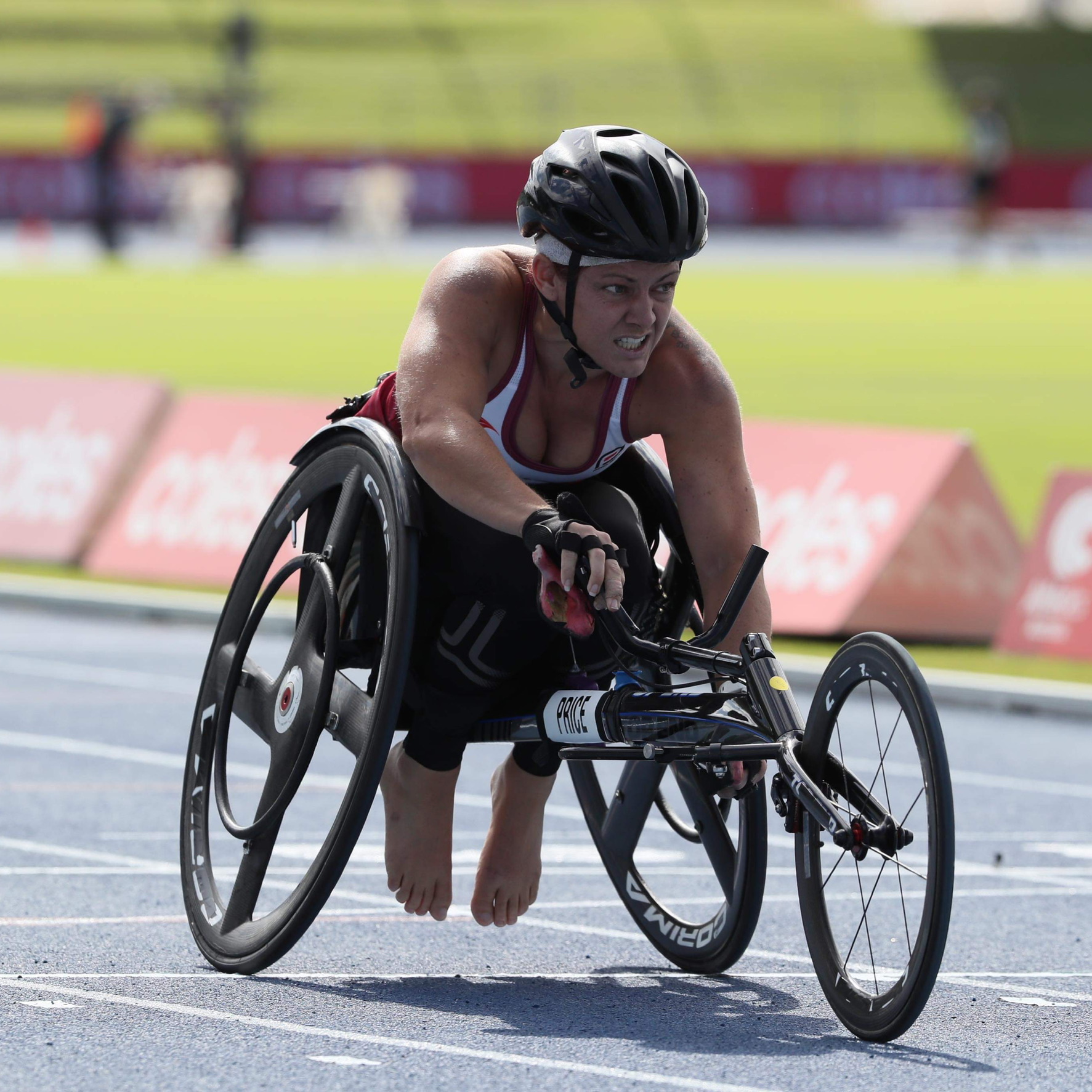Finding relief from Parkinson’s with deep brain stimulation
When Karen Missenden started having faint tremors in her arm, she had a feeling it wasn’t related to the shoulder surgery she’d undergone a few months earlier.
“I went to the GP and had some tests done, but everything came back normal,” she tells This Is MedTech. Then, when she was cycling to the GP for a follow-up visit, Karen noticed that her left leg felt unusually weak. “I’d worked for somebody years before who had Parkinson’s disease, so I knew some of the symptoms and asked my doctor if it could be that.”
Parkinson’s disease (PD) is a chronic and progressive neurological disorder that has no known cure. It affects around 1 in 1,000 people in Europe, making it the second most common neurodegenerative disorder. People with PD experience a loss of dopamine-producing nerve cells in the part of their brains responsible for controlling voluntary movements, causing tremors, stiffness, slow movements, balance difficulties and uncontrolled muscle cramps and spasms (dystonia), among other symptoms. Although the onset of PD usually occurs in people over 60, it’s estimated that one in ten are diagnosed before the age of 50. In most cases the cause is unknown.
Karen’s doctor referred her to a neurology specialist for further examination, but while she was waiting for the appointment, she started having problems with her eyes, which is also associated with PD. “When I finally saw the neurologist, he diagnosed me with Parkinson’s within five minutes,” she recalls. The diagnosis was later confirmed by a DaTSCAN, a test that can detect dopamine deficiency.
“I wasn’t totally shocked, but I was upset,” says Karen. “What made it harder was that friends didn’t believe me and kept advising me to get a second opinion because I was only 47 at the time.” According Parkinson’s UK, many people with the disease feel that others don’t understand it, nor do they realise how serious it is. That’s why this year on World Parkinson’s Day, the charity is launching a campaign to increase understanding of PD as a serious condition.
Following the diagnosis, Karen decided to enrol in a clinical trial for an anti-diabetic drug that looked promising for PD patients, too. However, the drug didn’t work for her and at the end of the 18-month trial, her condition had deteriorated significantly. “I was already on the maximum dose of medication and had lost a lot of weight, so we had to start looking at other options,” she explains.
That’s when her doctor suggested deep brain stimulation (DBS), which would involve implanting very fine wires, with electrodes at their tips, into the brain. These are connected to a pulse generator (a device like a pacemaker), which is placed under the skin around the chest or stomach area. When the device is switched on, the electrodes deliver low frequency stimulation to the targeted area. This changes some of the electrical signals in the brain that cause the symptoms of Parkinson’s.
“To be considered for the surgery I had to undergo testing for about 18 months. This included assessments to ensure that I had no cognitive deterioration, genetic tests and a lumbar puncture,” Karen notes. Eventually, doctors determined that she would be a good candidate for the procedure. “I was terrified, but to me it was the best decision as my condition was worsening and at that rate, I would have been in a wheelchair within a year.”
That was just over two years ago. “Even before they switched the battery on, I had some relief just from the implant,” she points out. “I’d been having up to 12 dystonia attacks a day, and they suddenly stopped. I had one attack right before they switched the battery on two weeks later, but as soon as the battery was turned on, the attack stopped. Now I only rely on the DBS and am off all my medications.”
It took Karen about six months to fully recover, but she’s got her life back. She’s passionate about helping Parkinson’s UK to educate people about the condition and particularly about the life-changing benefits of DBS. “People often dismiss DBS because they’re afraid, but I tell them that it’s well worth considering if they are eligible for it,” she comments. “If I had to have the operation again, I’d most definitely do it.”







